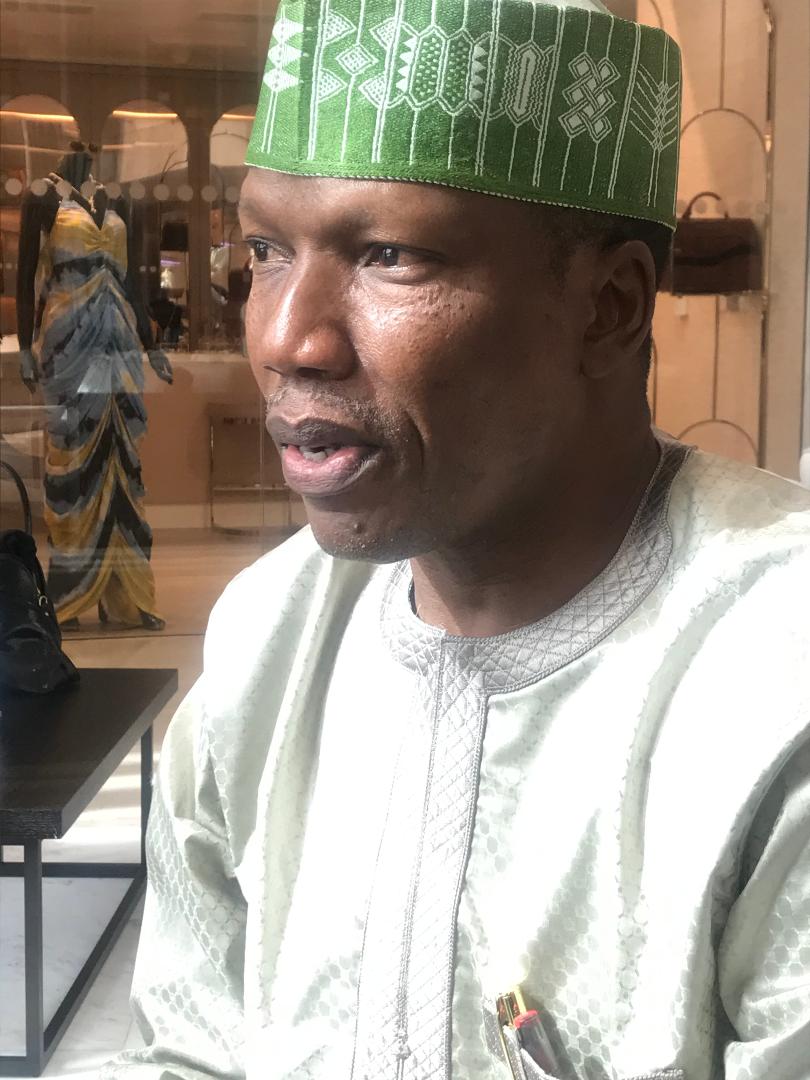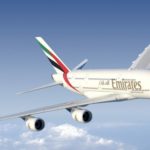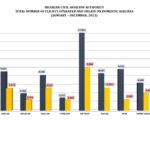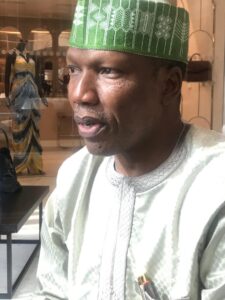
Fears that aircraft parked at Nigerian airports could easily be accessed by unwanted persons through security breaches has impacted on cost of insurance and cost of aircraft leasing in the country, THISDAY investigation has revealed.
Informed source told THISDAY that reported cases of insecurity at the airports lead to the increase in boosting the level of Nigeria’s country risk, which also influence insurance premium and cost of aircraft leasing.
Nigeria’s insurance premium on aircraft is recognised as the highest in West Africa and every aircraft parked at the ramp of any airport is guarded by security operatives at the expense of the airlines and this is added to the cost of operation and also cost of leasing, especially wet leased aircraft.
Immediate past CEO of Aero Contractors and former Managing Director of the Nigeria Airspace Management Agency (NAMA), Captain Ado Sanusi, told THISDAY that insurance premium and cost of leasing are determined by country risk; the higher the country risk, the highest of the premium and cost of leasing.
He said that country risk is the aggregation of many factors, which include credit rating of the country, strength of the financial institutions, the strength of the aviation industry regulatory agency, which is the Nigerian Civil Aviation Authority (NCAA), past history of repatriation of aircraft and the ability of foreign commercial airlines to repatriate their revenue earned from ticket sales.
Nigeria has not been able to allow some international carriers repatriate their ticket earnings, which was about $208 million last October, according to the International Air Transport Association (IATA); although airlines have expressed confidence in repatriating all their funds, as they described Nigeria as a strong market.
Also some Nigerian airlines had in the past refused to allow lessors take back their aircraft when there were payment breaches or breaches in the terms of agreement, but in the past three years, NCAA had waded in and stands guarantee that lessors must recover their aircraft if there was any breach.
Sanusi told THISDAY that any form of uncertainty impact in the country risk and subsequently in the insurance premium and cost of leasing.
“Any form of uncertainty or interference in the system affects country risk and insurance premium. Cost of living is part of the GDP. Inflation also affect the cost of these services because when the currency of a country loses power, your premium goes up,” Sanusi said.
Explaining why Nigerian airlines pay higher premium than their counterparts in other parts of the world, insurance stakeholders said there was no basis of comparison between Nigerian aviation insurance providers and their foreign counterparts because the level of risk exposures of both are different.
They noted that insurance premium rate was high in Nigeria because Nigeria has high country risk and the airports lack essential facilities, with porous security system and touts milling over the entire place.
“Look at our airports, with all the touts and other problems, so everything is wrong with our airports; so the insurance rates cannot but be high. When we get our things right, the premium can reduce. Of course, size is an issue.
“You are generating a premium for instance that cannot buy one plane but like the likes of BA, their premium can buy three planes. So size is an issue.
“We have multiplicity of problems when it comes to aviation insurance in Nigeria and you must take all of these into account in your rating. What is rating? First of all, it starts with underwriting; look at the good features and look at the bad features and all these help you to determine your average rate, the good ones will help you to determine your discount rate, the bad ones will help you to blow the rates in order to come with the rates that apply to that particular risk. When you bring all of these into specific operators, you then look at their managements,” one of the stakeholders said.
Although a suspected insider job, but the recent theft of critical equipment inside the aircraft parked at the ramp of the domestic terminal of the Lagos airport has affected the image of Nigeria in terms of country risk, according to aviation security experts.
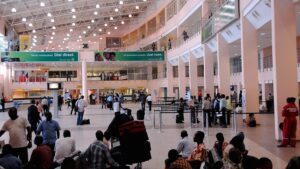
Aviation security expert and CEO of Centurion Securities, Group Captain John Ojikutu (retd) said that as much as we would expect the Federal Airports Authority of Nigeria (FAAN) to provide security for the airports in accordance with the National Civil Aviation Security Programmes (NCASP) so also has the NCASP provided that airlines and the allied services too should provide security programmes for their operations and services.
These security programmes should have been approved by the NCAA before the commencement of operations of the airlines and services providers. The NCAA and not FAAN should carry out checks, inspections or audit of the types of security provided by the airlines at its parking area to find out if there had been lapses or neglect in the approved security programme to enable a review. However, if there had been cooperation in the management of the airlines security with FAAN or any other agents that too should be examined, review or recommendations made by the NCAA for a review,” he said.


